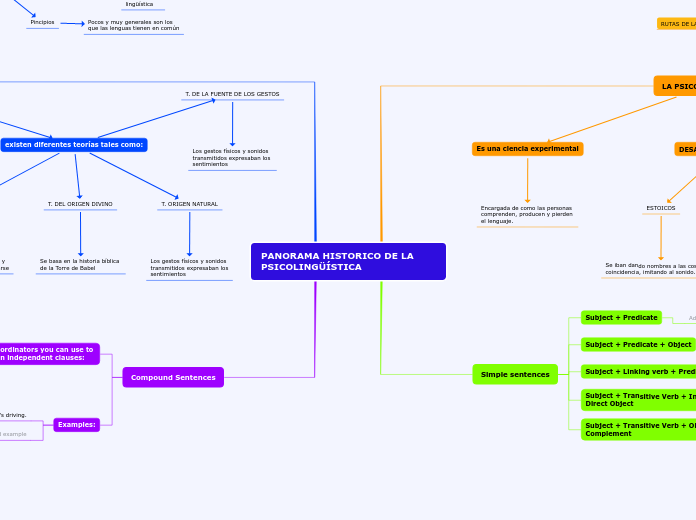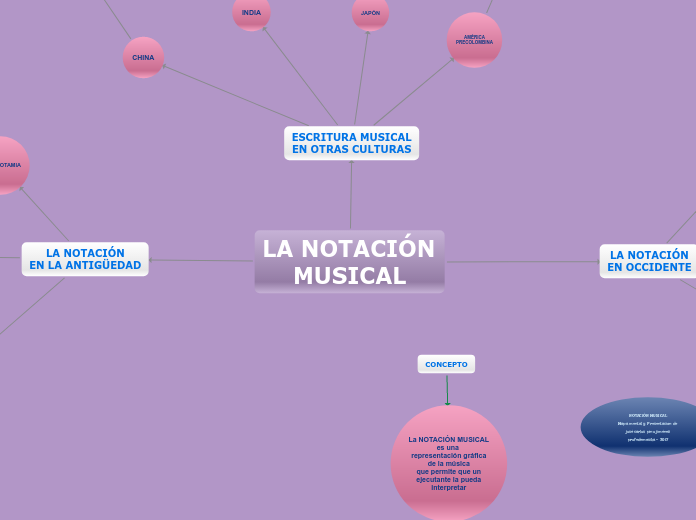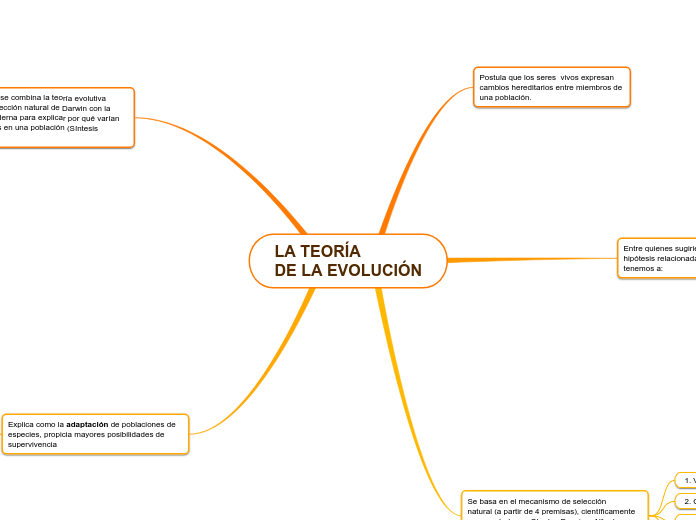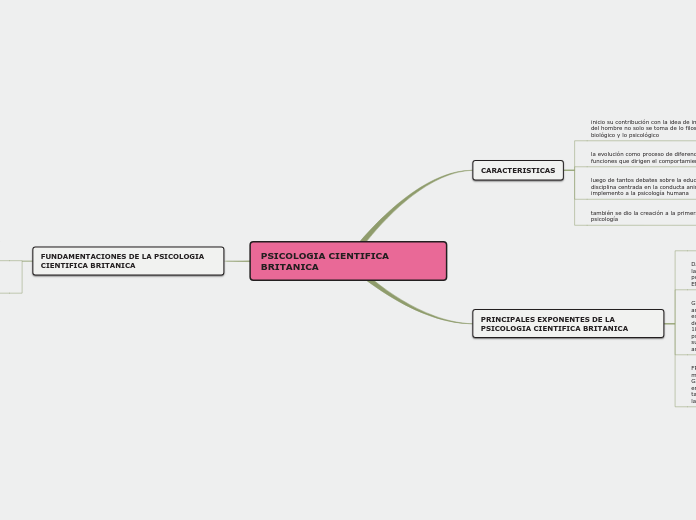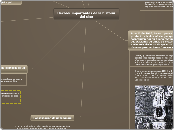PANORAMA HISTORICO DE LA PSICOLINGÜÍSTICA
In linguistics, syntax is the set of rules, principles, and processes that govern the structure of sentences in a given language, usually including word order.
Compound Sentences
A compound sentence is a sentence that has at least two independent clauses joined by a comma, semicolon or conjunction. An independent clause is a clause that has a subject and verb and forms a complete thought.
Examples:
Create your own compound sentences, using the coordinators above.
Tim is tired, yet he's driving.
Coordinators you can use to
join independent clauses:
When independent clauses are joined with coordinators (also called coordinating conjunctions), commas and semicolons, they do more than just join the clauses. They add meaning and flow to your writing.
So
Yet
Or
But
Nor
And
For
GÉNESIS DEL LENGUAJE
A complex sentence is a sentence that contains an independent clause and one or more dependent clauses.
An independent clause can stand alone as a sentence, but a dependent clause even though it has a subject and a verb cannot stand alone.
LENGUAJE Y CEREBRO
EXPRESIÓ
O PRODUCCIÓN
Se realiza en
área de BROCA
COMPRENCIÓN
Se realiza en
el área de
WERNICKE
ADQUISICIÓN DEL LENGUAJE
PARÁMETROS
Explica la diferencia entre
las lenguas, es innata.
Pincipios
Pocos y muy generales son los
que las lenguas tienen en común
Según Chomsky
Experiencia lingüística
Facultad del lenguaje o
gramática universal
existen diferentes teorías tales como:
The subject clause is a dependent clause that acts as a subject.
T. DE LA FUENTE DE LOS GESTOS
Los gestos físicos y sonidos
transmitidos expresaban los
sentimientos
T. ORIGEN NATURAL
Los gestos físicos y sonidos
transmitidos expresaban los
sentimientos
T. DEL ORIGEN DIVINO
Se basa en la historia bíblica
de la Torre de Babel
T. EVOLUTIVA.
El hombre fue evolucionando y
vio la necesidad de comunicarse
Concepciones
A predicative clause may be introduced by conjunctions - that, whether, whether... or, as, as if, as though, because, lest, the way - or connectives.
The latter may be conjunctive pronouns - who, whoever, what, whatever, which - or conjunctive adverbs - where, wherever, when, whenever, how, why.
C. FILOGENICA
Evolución del lenguaje en la especie
humana
C. ANTOGENICA
Determina la formación del
lenguaje a lo largo del desarrollo
del niño
Se trata de
The object clause is a phrase on which a verb performs an action. It falls at the end of a sentence, and is governed by a verb or a preposition.
procesos que intervienen en la producción
del lenguaje.
Simple sentences
Subject + Transitive Verb + Object + Object Complement
See the example below and try to create your own simple sentences.
Tim is driving the red car.
Subject + Transitive Verb + Indirect Object + Direct Object
See the example below and try to create your own simple sentences.
Tim is driving the car with his mother.
Subject + Linking verb + Predicative
See the example below and try to create your own simple sentences.
Tim is the driver.
Subject + Predicate + Object
See the example below and try to create your own simple sentences.
Tim drives the car.
Subject + Predicate
See the example below and try to create your own simple sentences.
Tim drives.
Add example
LA PSICOLINGÜÍSTICA
RUTAS DE LA PSICOLINGÜÍSTICA
3° periodo contemporáneo
Década del 70 hasta la
actualidad
Etapa Chomskiana
Chomsky lidera esta ola de
actividad psicolingüística
Etapa pre-Chomskiana
Relativismo lingüístico
y la de la medición
Etapa pre-psicolingüística
comportamiento verbal basados en
situaciones ambientales de refuerzo
y castigo.
En base a autores
The predicative is defined as an adjective or noun forming or contained in the predicate.
Its main trait is that it serves to express a property that is assigned to a 'subject'.
For e.g.: The dog is old.
CARRAZCO
estudia cómo el ser humano adquiere,
comprende y utiliza el lenguaje.
ORTIZ
estudia los procesos de adquisición
y formación de la estructura mental
del lenguaje.
DESARROLLO HISTÓRICO
Traditional grammar defines the object in a sentence as the entity that is acted upon by the subject.
ARISTÓTELES
The indirect object identifies the person/thing for whom/which the action of the verb is performed.
The indirect object is usually a person or a thing.
"Sin lenguaje no hay conocimiento"
ESTOICOS
The direct object is the receiver of the action mentioned in the sentence.
Se iban dando nombres a las cosas por
coincidencia, imitando al sonido.
Es una ciencia experimental
The subject of a sentence is the person, place, thing, or idea that is doing or being something. You can find the subject of a sentence if you can find the verb.
Ask the question, 'Who or what 'verbs' or 'verbed'?' and the answer to that question is the subject.
Encargada de como las personas
comprenden, producen y pierden
el lenguaje.
